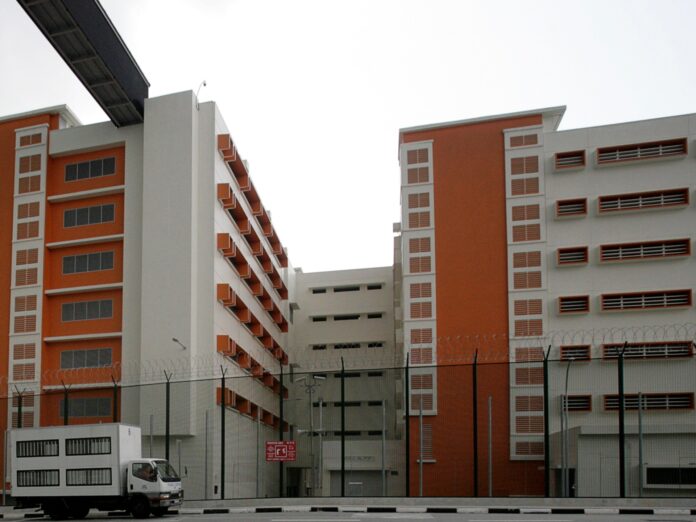Southeast Asian city-state is among a handful of countries that impose the death penalty for drug offences.
Singapore has executed its third convicted drug trafficker in a week despite appeals for clemency from the United Nations.
Rosman Abdullah, aged 55, was put to death for trafficking 57.43 grams of heroin into the Southeast Asian city-state, Singapore’s drug enforcement agency announced on Friday.
A Singaporean national, Rosman received due process under the law and legal representation throughout the process, according to the Central Narcotics Bureau.
Capital punishment is reserved for serious crimes like trafficking significant amounts of drugs that cause harm to individuals, families, and society, emphasized the CNB.
UN experts had urged Singaporean authorities to spare Rosman, stating that the death penalty offers little deterrence and expressing concerns about accommodations for his intellectual disabilities.
Amnesty International condemned Rosman’s execution as “chilling” and “extremely alarming.”
Rosman’s hanging at Changi Prison follows the recent executions of two other individuals for drug trafficking.
Despite its modern image and business prominence, Singapore is one of few countries, including China and North Korea, that use the death penalty for drug offenses.
Under Singaporean law, trafficking over 500 grams of cannabis or 15 grams of heroin carries a mandatory death sentence.
Since resuming executions in March 2022 after a pause due to the pandemic, Singapore has carried out 24 executions, including eight this year.
The Singaporean government defends the death penalty as a deterrent against drug abuse, citing public support for the law despite restrictions on protest and media coverage.




